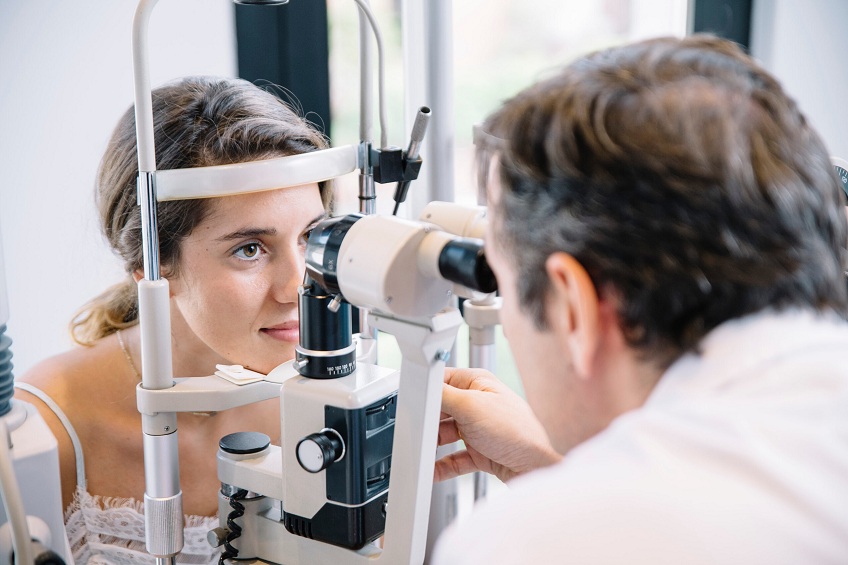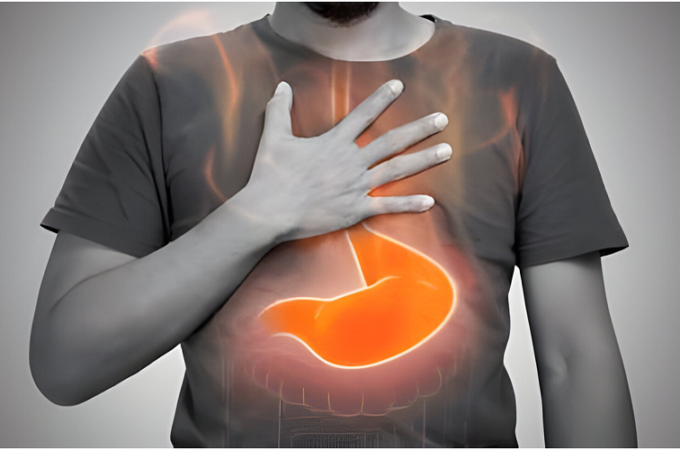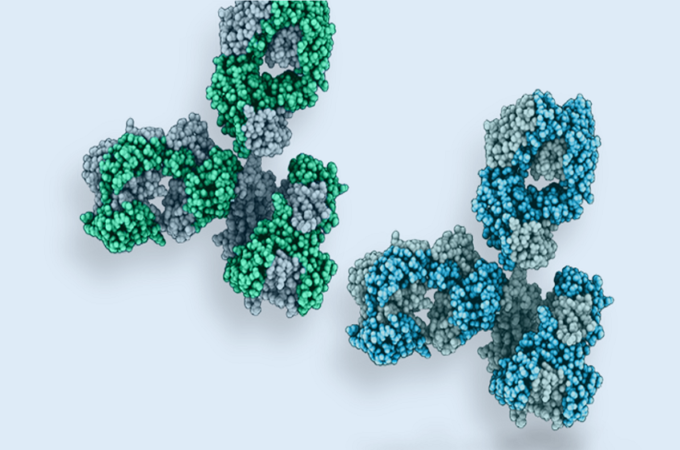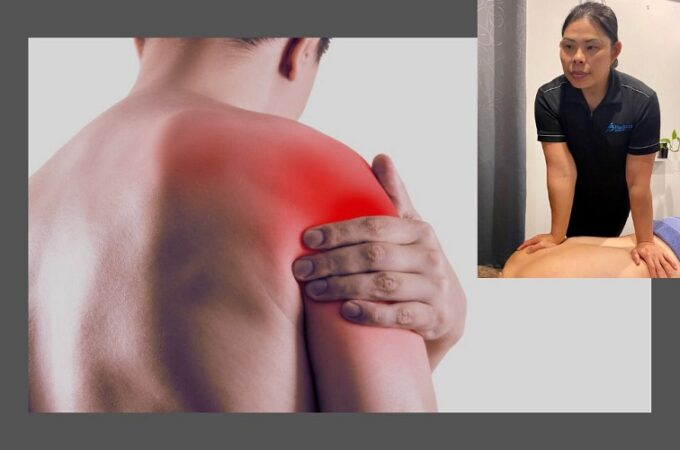
Healthy Tips to Maintain Good Eyesight
Taking care of your eyesight is very important. There are several healthy tips that you can follow to maintain your eye health. These include getting adequate sleep and rest. It is also important to keep your hands clean, particularly when touching your eyes. Moreover, you should avoid touching your eyes too often and touching foreign objects with your hands. Additionally, you should get a yearly eye exam to see whether you need orthokeratology Bedford if your vision changes.
20-20-20 Rule
The 20-20-20 rule is one of the most effective ways to protect your eyes from too much computer screen time. It suggests taking 20-second breaks every 20 minutes to look at something at least 20 feet away. This helps reset your eyes and keeps them from becoming strained or tired. The rule also recommends brighter lighting and increasing contrast on computer screens.
While the 20-20-20 rule may seem simple, it can prevent eye strain and other symptoms of eye strain. If eye strain persists, see a doctor for an examination. They can perform tests to determine if you have any underlying conditions affecting your eyesight and check the moisture in your eyes. Your eye doctor will also consider factors such as your occupation and overall eye health.
Vitamins A, C, and E
Your eyesight requires vitamins A, C, and E to stay healthy. These essential vitamins help to maintain the function of the cells in the retina, which is responsible for your vision. They also help prevent eye diseases and maintain healthy blood sugar levels. Consuming real food is the key to getting these vitamins correctly. Eating raw foods is also helpful because it preserves antioxidants, which are important for eye health.
Eating a well-balanced diet is crucial for good eye health, and you should include green leafy vegetables in your daily meals. Foods rich in these vitamins include fatty fish, nuts, and seeds.
Cardiovascular Exercise
Regular exercise is an essential part of maintaining good eyesight. It can help prevent some ocular conditions. Regular cardiovascular exercise, particularly cardiovascular exercise that strengthens the heart, can lower your heart attack and stroke risk. Good heart health is often associated with good eye health. It is important to maintain cardiovascular fitness, especially if you are a runner.
Cardiovascular exercise has been shown to increase blood flow to all parts of the body, including the retina. Moreover, cardiovascular exercise lowers cholesterol levels and reduces blood pressure. Along with exercise, a healthy diet is an excellent way to maintain good eyesight. Foods high in omega-3 fatty acids, vitamins, and zinc also benefit eye health.
Protecting Eyes From Foreign Objects
Foreign objects can seriously damage your eyesight and cause infection. The iris controls the amount of light that enters the eye, while the cornea, the transparent bulge over the pupil, works with the lens to create a sharp image. Various activities put your eyes at risk, including work. In addition, certain conditions can cause airborne objects to enter your eyes. For this reason, you must wear protective eye wear.
When a foreign object enters your eye, it can scratch the surface of your cornea. This is known as corneal abrasion, which can feel like an object stuck in your eye. It typically heals itself within a day or two, although it can become infected.
Regular Eye Exams
Getting a regular eye exam is a simple way to protect your eyesight and maintain good vision. Eye exams can diagnose many eye conditions and help detect problems before they become serious. For example, if you’re nearsighted or farsighted, having your eyes tested will help determine if you need glasses or contact lenses. They can also detect eye conditions, such as diabetes and rheumatoid arthritis.
A comprehensive eye exam will test vision for any potential eye diseases or problems and ask about general health, your family’s history, and any medicine you may be taking. Exams can also determine your sharpness of vision, peripheral vision, and color perception. Your doctor may also use a magnifying device to check the structures inside your eyeball.





